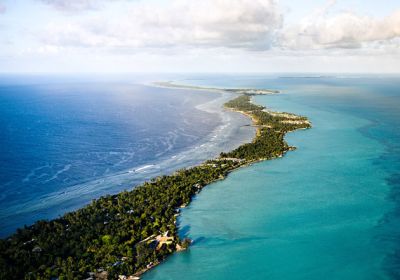
Kiribati, a nation made up of 33 islands in the South Pacific, is predicted to be one of the first countries to vanish beneath the sea before the end of the century. The government has already bought 2400 hectares of land in Fiji in case they need to more the entire population.
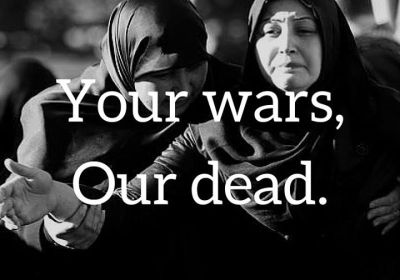
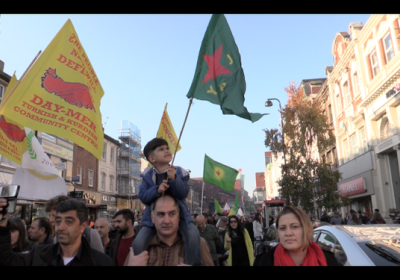
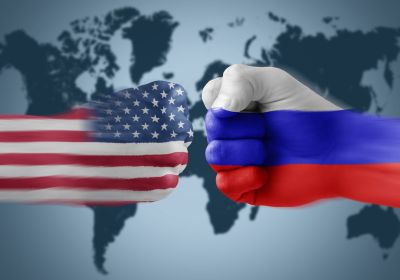
 Peter Boyle speaking at World Kobanê Day rally, Sydney, November 1.
Peter Boyle gave this speech on behalf of Socialist Alliance at the Sydney rally for World Kobanê Day on November 1.
* * *
I am here to bring you greetings from the Socialist Alliance and the progressive newspaper Green Left Weekly.
Peter Boyle speaking at World Kobanê Day rally, Sydney, November 1.
Peter Boyle gave this speech on behalf of Socialist Alliance at the Sydney rally for World Kobanê Day on November 1.
* * *
I am here to bring you greetings from the Socialist Alliance and the progressive newspaper Green Left Weekly.
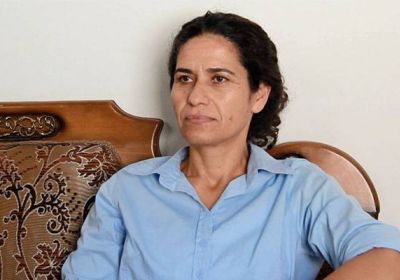
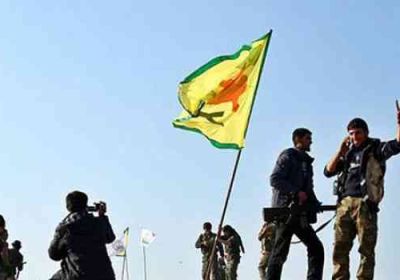
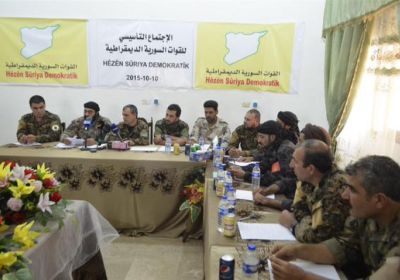
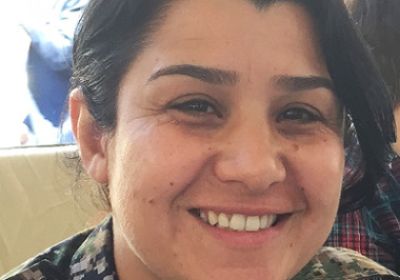
 On October 12, Amnesty International released a
On October 12, Amnesty International released a 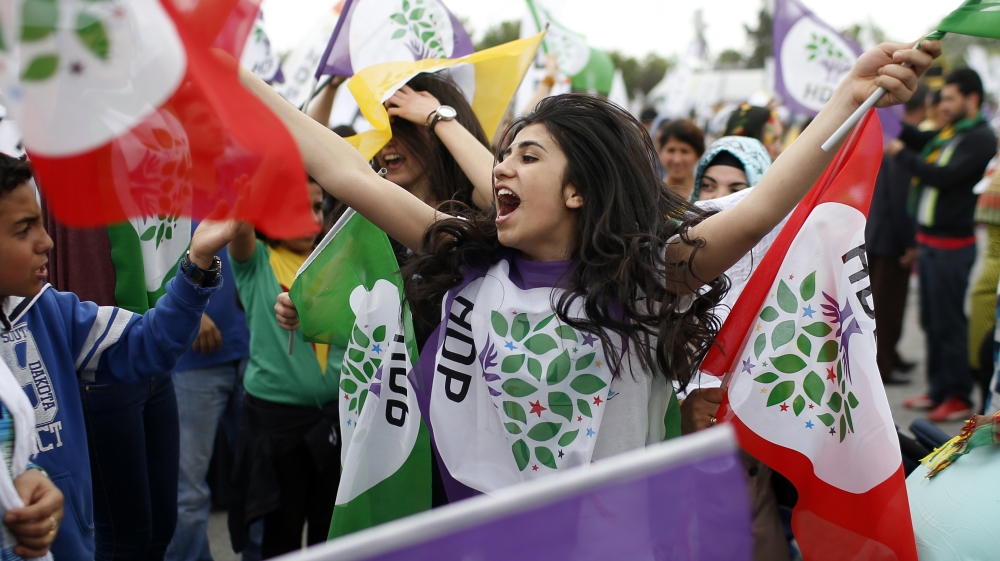 Activists from Turkey's Kurdish lead People's Democratic Party (HDP).
Activists from Turkey's Kurdish lead People's Democratic Party (HDP).
 Russia’s current military action in Syria, its first such action outside former Soviet territory, has shocked the world.
Turkish President Tayyip Erdoğan exclaimed, miserably: “Russia has no border with Syria, so why are they so interested in Syria?”
Russia’s current military action in Syria, its first such action outside former Soviet territory, has shocked the world.
Turkish President Tayyip Erdoğan exclaimed, miserably: “Russia has no border with Syria, so why are they so interested in Syria?”